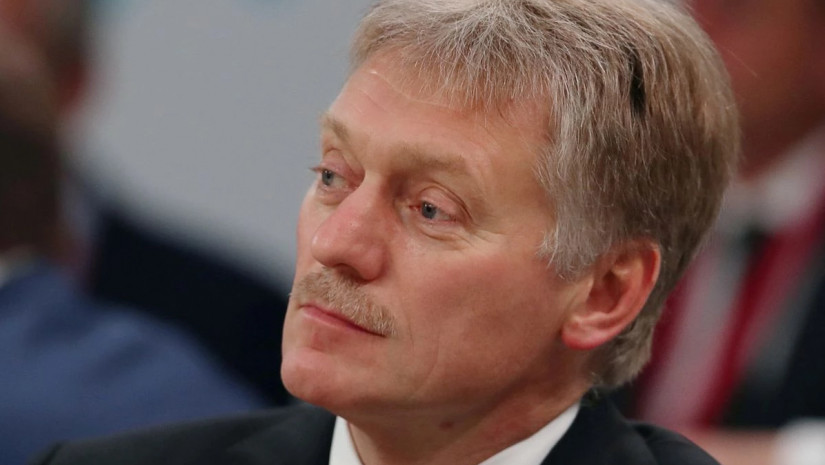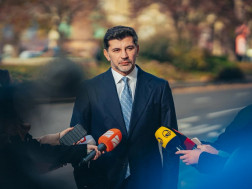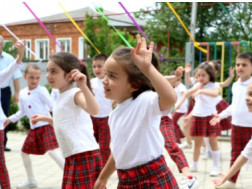Russian Presidential Press Secretary Dmitry Peskov called the war in Ukraine a “war.” “We are in a state of war. Yes, it began as a “special military operation,” but as soon as this group was formed there, when the collective West became a participant in this on the side of Ukraine, for us it already became a war,” Peskov said.
Peskov added that Russia cannot allow the existence of a state near its borders that has “documented its intention to use any methods” to take away Crimea and the territories of “new regions.”
Later, answering a question from a journalist from the Mayak radio station, who recalled that in Russia many people are convicted for publishing pacifist slogans, namely for the phrase “No to war,” Putin’s press secretary called this an “inappropriate comparison” because “in different contexts the word "war" is used." “You just compare what context I have and what context it is in the cases you cite,” Peskov said.
Almost immediately after the invasion of Ukraine, the Russian authorities introduced a new article 207.3 into the Criminal Code - it provides for up to 15 years in prison for “public dissemination of knowingly false information” about the actions of the army or officials. Any statements that do not coincide with the point of view of the Ministry of Defense are considered false, including statements that Russia is waging a war in Ukraine.
In January 2024, the head of the Russian Investigative Committee, Alexander Bastrykin, said that over almost two years, 273 cases of “fake news” about the Russian Armed Forces had been opened. Of these, 134 cases, involving 136 people, were transferred to the courts. In the first half of 2023 alone, 21 people were convicted under this article, and eight of them received actual prison terms.












